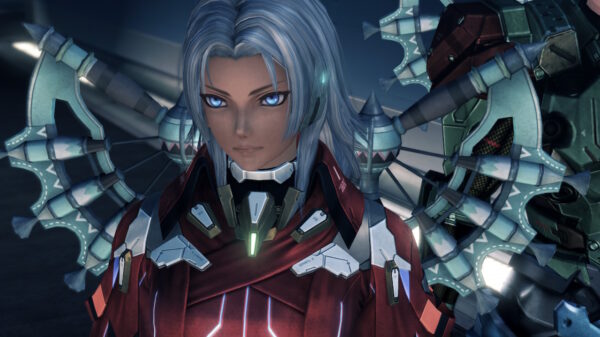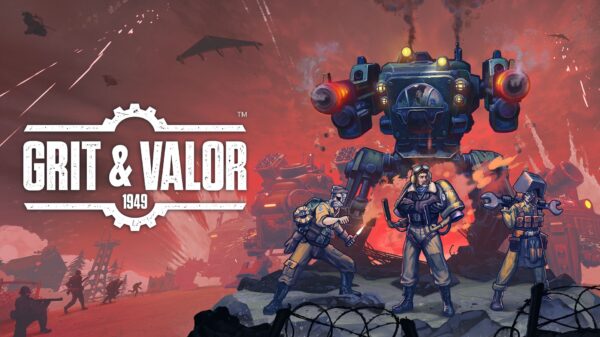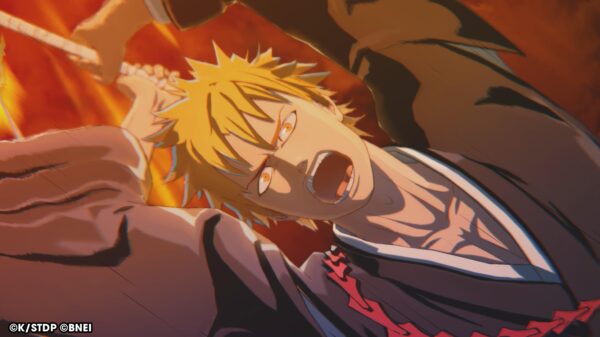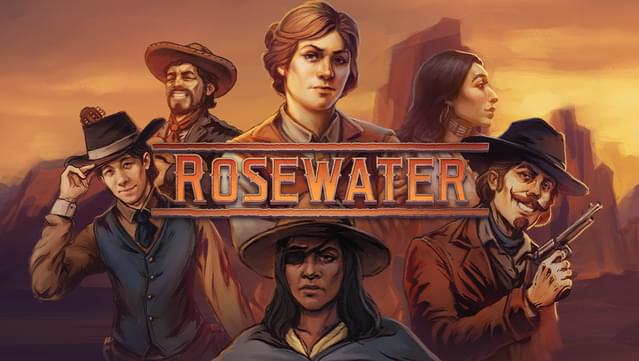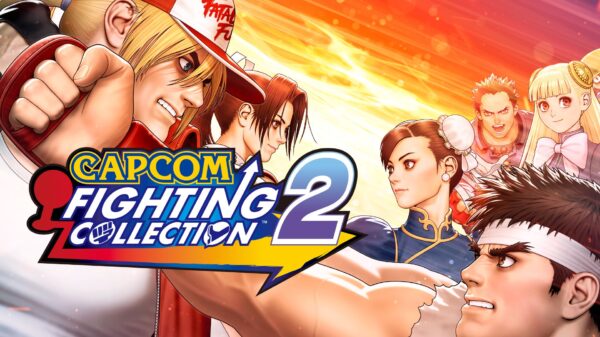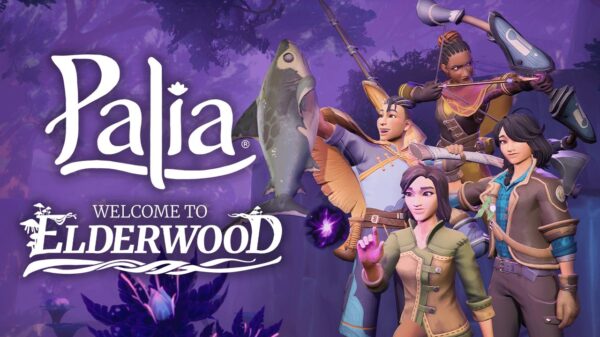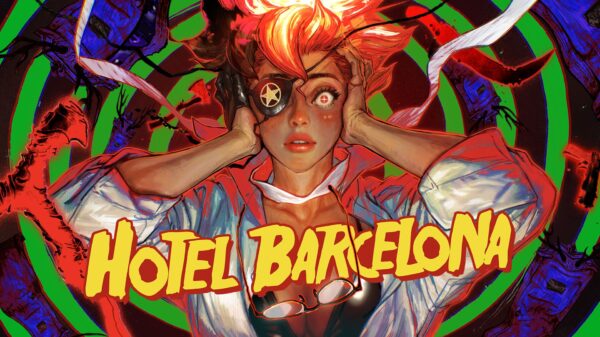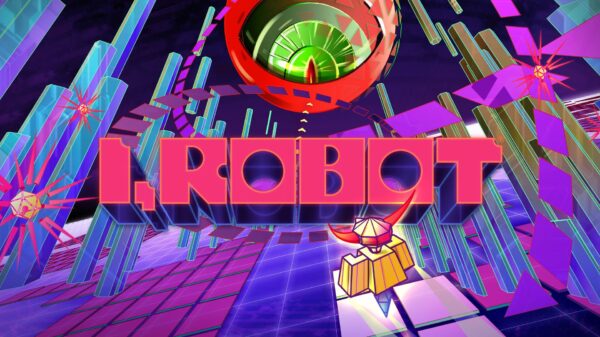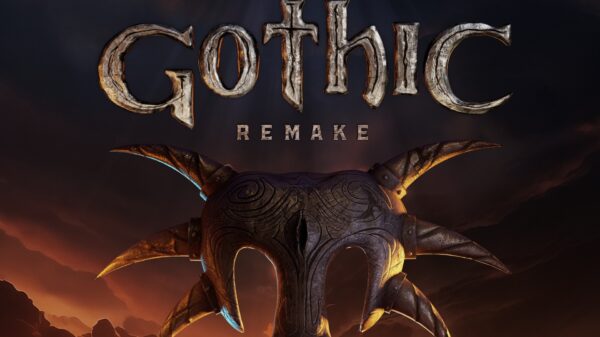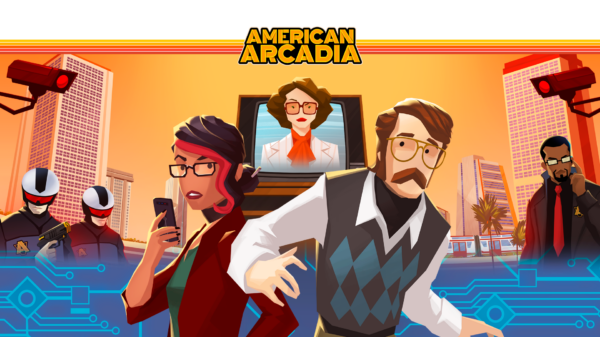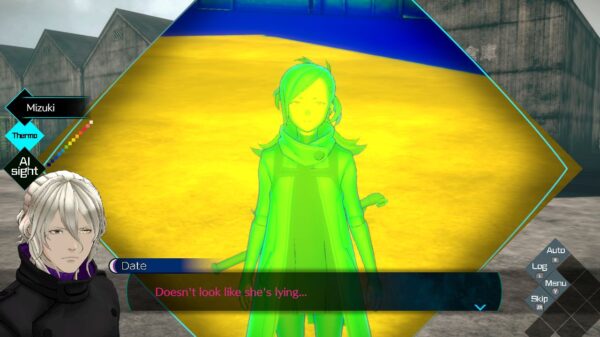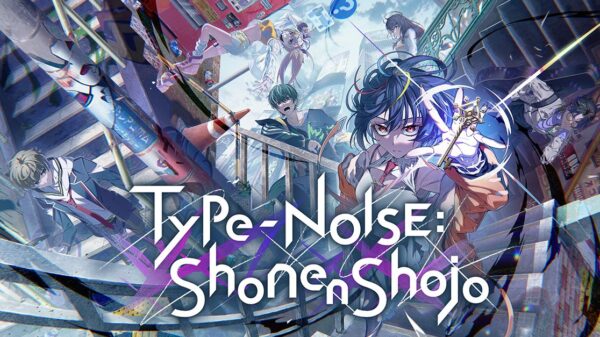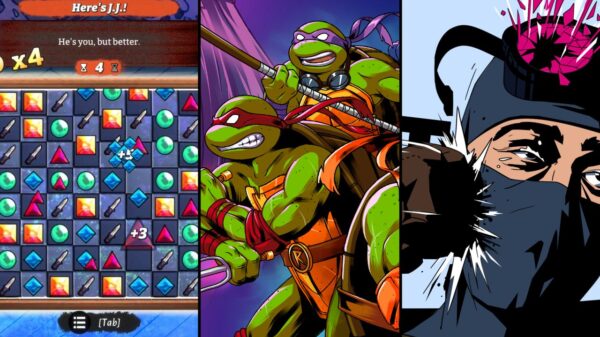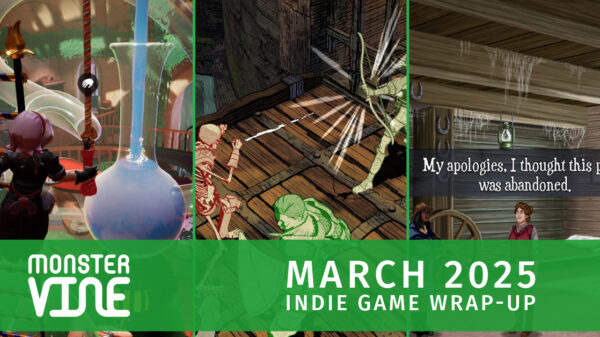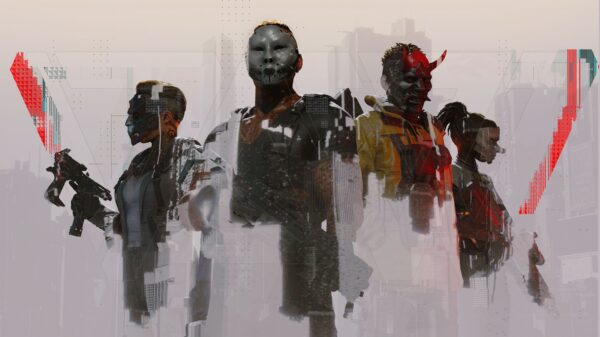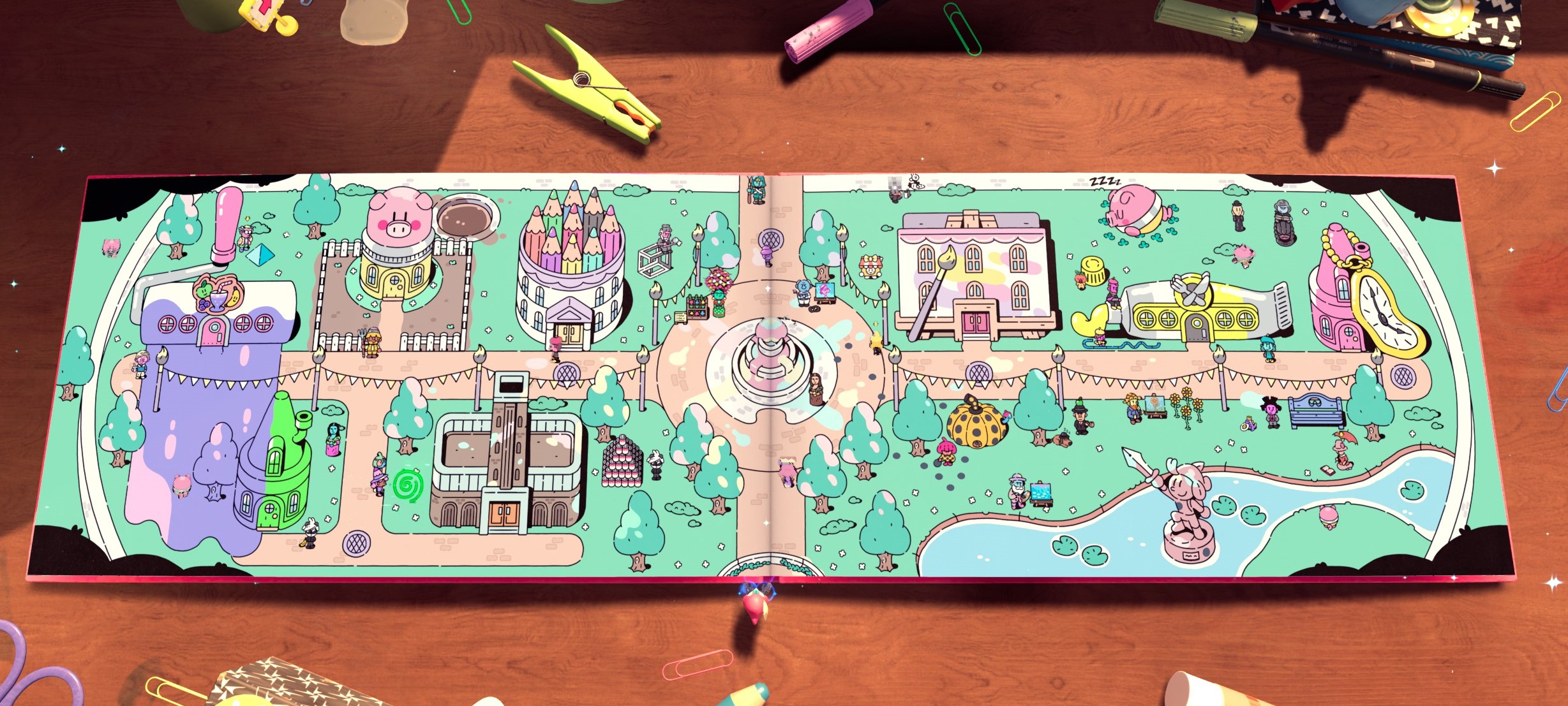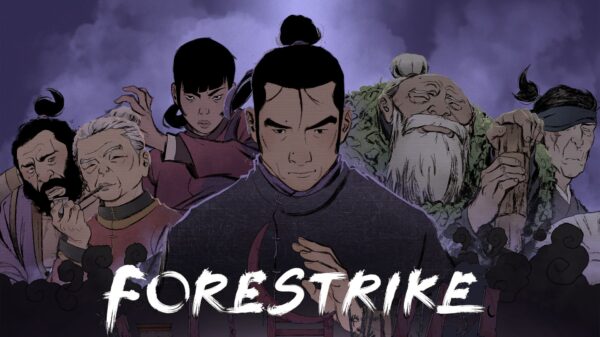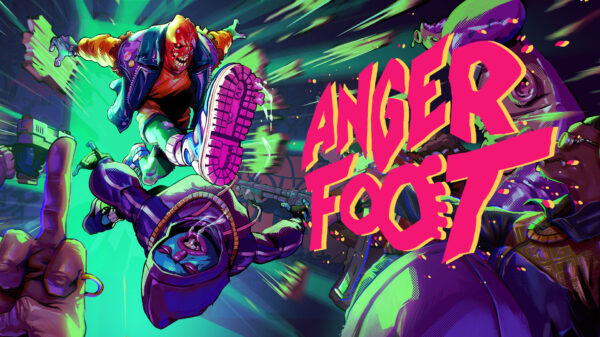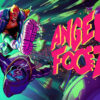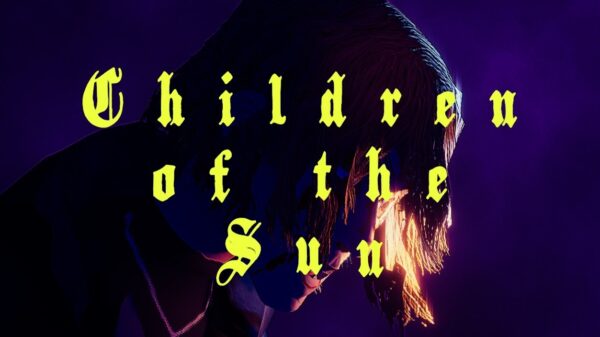A short, tough swordsman makes his way across a beautiful, quirky world to defeat the evil wizard. Sound familiar? Of course, but what’s wrong with that?
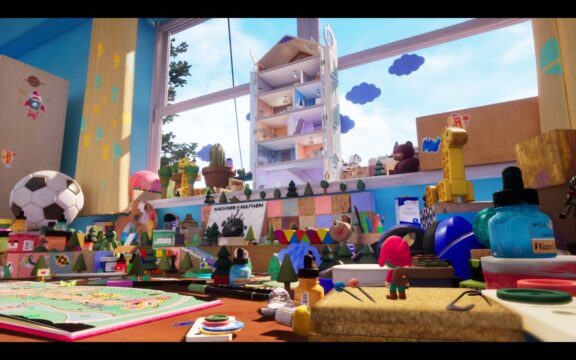
The Plucky Squire
Developer: All Possible Futures
Price: $30
Platforms: PC (reviewed), PS5, Switch Xbox Series X/S
MonsterVine was provided with a PC code for review
The Plucky Squire wears its influences on its sleeve like a badge of honor. It delights in its adherence to genre cliches and story beats, lampshading them with a dry joke as they whiz by. That doesn’t mean the game doesn’t have any surprises of its own.
The Plucky Squire takes the very traditional top-down Zelda format and gives it two major twists. The first: gorgeous hand-drawn storybook-like levels beaming with charm. The second: A meta story where you literally jump out of the book and interact with a 3d world atop a young boy’s desk.
At first, these two styles don’t interact much, presenting two different styles of play. The book offers more traditional Zelda-like gameplay, whereas the “Real World” presents 3D platforming based puzzle solving. Eventually, though you’re given more control over when you leave the book and manipulate the book itself.
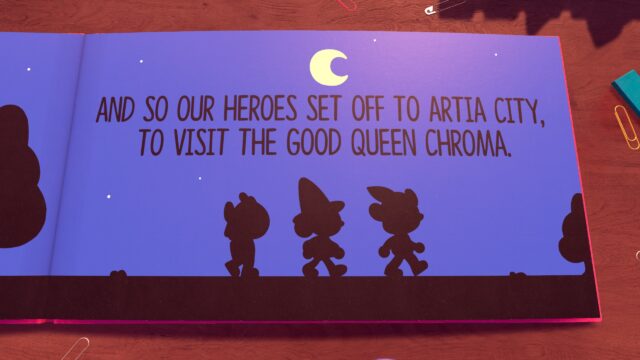
It starts pretty simple, you gain the ability to turn pages and return to earlier ones to solve puzzles, but the main way you solve puzzles is actually changing the narrative of the book. You whack at the sentences describing the scene, pop out the keyword, and swap them with others. This changes a key object in the scene, like making a huge bug tiny, or maybe sleepy. Each change usually comes with a quick visual gag, and there’s a lot of fun to be found in playing around with various words to see how they change something.
Outside the book, you’re mainly manipulating the book itself, but occasionally you trek across the increasingly messy desk. Thankfully, its owner is an emerging artist himself, and you start to interact with other pieces of art on the desk. Like hopping in discarded drawings to traverse platforms or befriending a Magic The Gathering card.
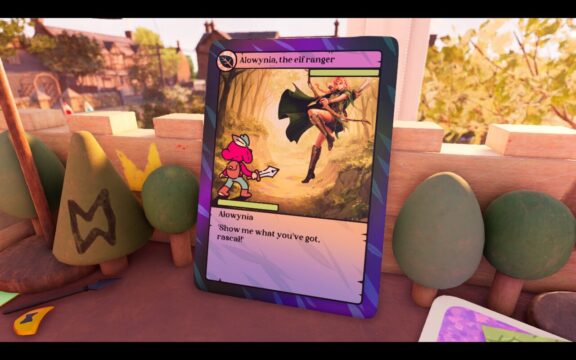
The desk also has stealth sequences where you try to avoid ravenous beetles that seem to take over the desk at night. These are boring and frustrating, there isn’t much depth to them and they tend to break up the flow of the game.
As the game goes on you gain a few more abilities, like sword-bearing top-down games tend to do, but occasionally the game presents you with a silly mini-game. Each of them are incredibly varied, ranging from simply grabbing a fish, to a full on turn-based RPG encounter. The game takes this opportunity to really show off its style, making the characters extra large, expressive, and sometimes sleeveless and muscle bound.
Really begging the question if they’re natty or not.
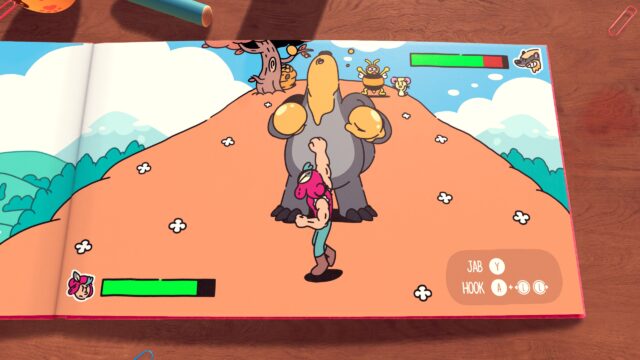
At its core, The Plucky Squire is a pretty traditional old-school Zelda game. It hits all the notes, even down to the traditional hero’s story, albeit with a meta aspect. But the game also functions as a celebration of the stories that stick with us. The small silly things we love from our youth, the stories that inspire our want to create art ourselves. You can feel that love in almost every aspect of the game. Sure there’s a lot of borrowed ideas and concepts, things that might seem formulaic or cliche, but it knows this, it embraces them. The Plucky Squire is here to remind us why we love these tropes. Why every story, no matter how small, is important.
 The Final Word
The Final Word
The Plucky Squire is a fun & fresh take on a classic game style, full of heart with a great message for all ages. Just because a story seems simple, doesn’t mean it doesn’t matter.
MonsterVine Rating: 4 out of 5 – Good


